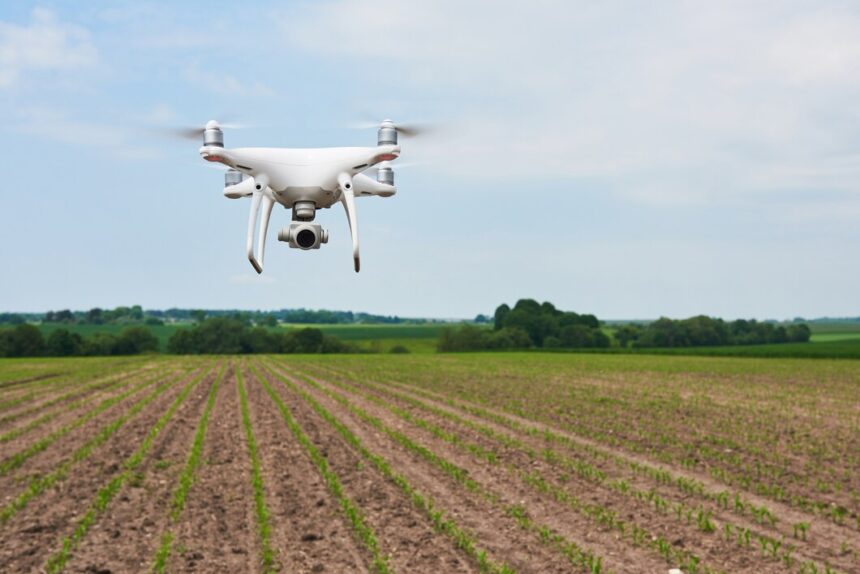Safety and security are paramount concerns for farmers in South Africa, where agricultural operations often face challenges ranging from theft and vandalism to safety risks for workers. Implementing effective measures can help protect farm assets, ensure the well-being of farm workers, and safeguard agricultural productivity. Here are ten ways farmers can enhance farm safety and security:
- Perimeter Fencing and Access Control: Installing sturdy perimeter fencing and controlled access points deter unauthorized entry onto the farm premises. Use of gates with locks and monitoring access through digital systems enhances security.
- CCTV Surveillance: Strategically placing CCTV cameras across the farm, especially at entry points, storage facilities, and equipment yards, provides visual monitoring and acts as a deterrent against theft and trespassing.
- Lighting: Proper lighting around farm buildings, yards, and critical areas such as entrances and driveways improves visibility during nighttime hours. Motion-activated lights are effective in alerting farmers to suspicious activities.
- Security Alarms and Sensors: Installing alarms and sensors on buildings, equipment, and storage facilities alerts farmers to unauthorized access or tampering. Modern systems can send alerts directly to mobile devices or security services.
- Asset Identification and Marking: Marking farm equipment, tools, and vehicles with unique identifiers such as serial numbers or farm logos makes them easily identifiable. This discourages theft and aids in recovery if stolen.
- Employing Security Personnel: Depending on the size and risk profile of the farm, hiring trained security personnel can provide round-the-clock surveillance and response to security incidents. They can also conduct regular patrols.
- Community and Neighborhood Watch Programs: Engaging with neighboring farms and local communities to form watch programs enhances overall farm security. Sharing information about suspicious activities and collaborating on security measures strengthens collective safety efforts.
- Employee Training on Safety Protocols: Providing comprehensive training to farm workers on safety protocols, emergency procedures, and handling farm equipment reduces the risk of accidents and ensures prompt response to emergencies.
- Regular Maintenance of Equipment and Infrastructure: Conducting routine inspections and maintenance of farm equipment, vehicles, and infrastructure such as fences and lighting systems ensures they remain in optimal working condition and reduces vulnerabilities.
- Emergency Response Planning: Developing and regularly updating emergency response plans that outline procedures for incidents such as theft, fire, or medical emergencies ensures a coordinated and effective response when situations arise.
In addition to these measures, farmers should stay informed about local security threats and regulatory requirements related to farm safety. Collaborating with law enforcement agencies, insurance providers, and agricultural organizations can provide valuable resources and support for implementing effective security strategies.
By prioritizing farm safety and security, South African farmers can protect their livelihoods, promote a safe working environment, and contribute to the long-term sustainability of agricultural operations in the region. Implementing these measures not only mitigates risks but also enhances overall productivity and peace of mind for farmers and their communities.
Join 'Farmers Mag' WhatsApp Channel
Get the latest Farming news and tips delivered straight to your WhatsApp
CLICK HERE TO JOIN






